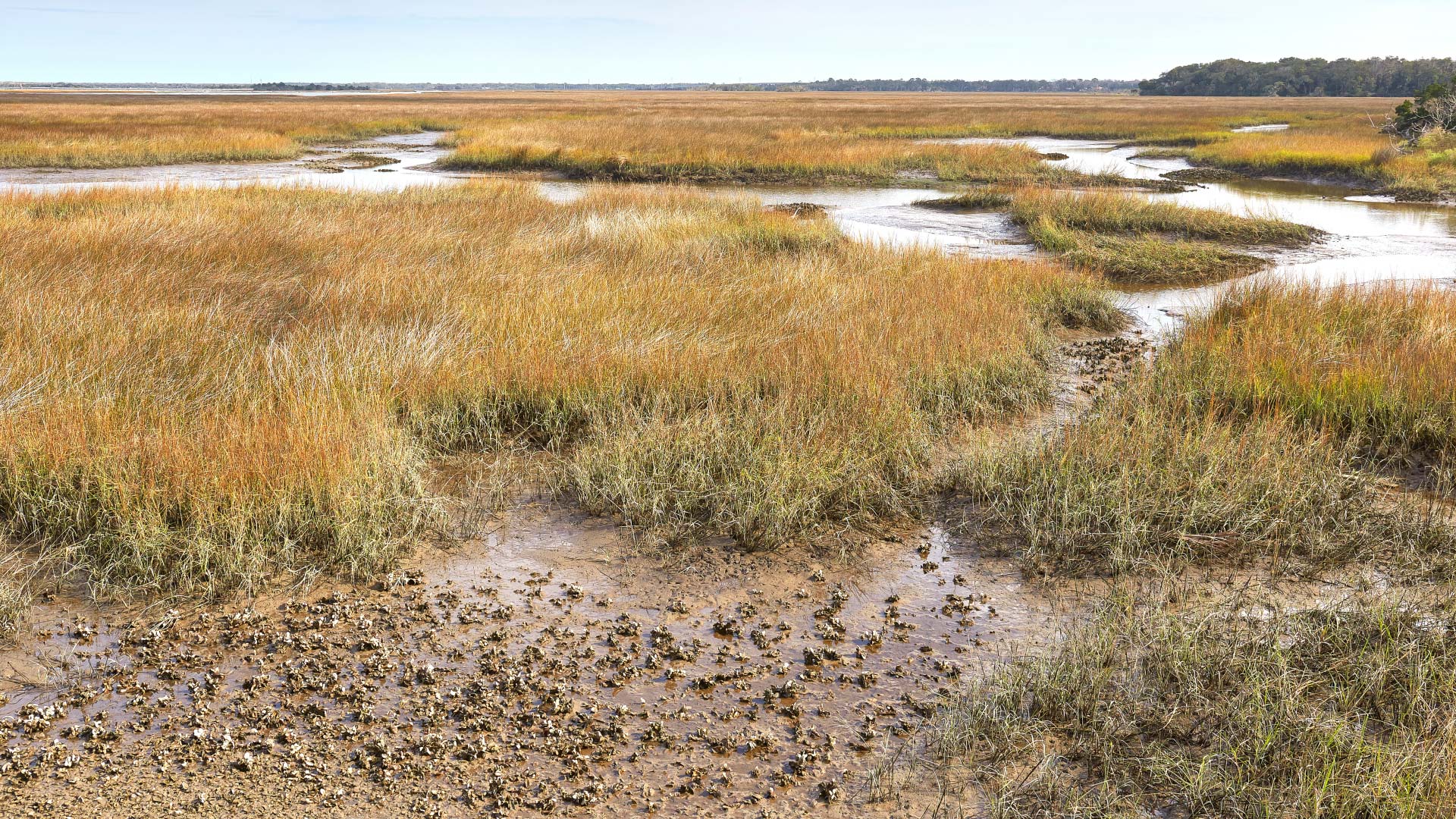- Enhancing Navigation and Restoring the Environment
- Key Details of the Dredging Project
- Environmental Benefits of the Project
- A Sustainable Funding Model for the Community
- Preserving Traders Cove Marina’s Legacy
- Looking Ahead: Long-Term Impacts
- Conclusion: A Balancing Act of Progress and Preservation
Enhancing Navigation and Restoring the Environment
Brick Township has launched a highly anticipated dredging project at Traders Cove Marina, aligning with state and federal initiatives to restore vital local marshlands. The project, blending practical navigation improvements with ecological benefits, is expected to conclude by December 31, 2024, ensuring adherence to environmental regulations.
Why Traders Cove Marina Needed Dredging
Over time, sediment has accumulated in the marina’s boat slips, creating shallow depths that hinder navigation. This dredging project, described by Brick Township officials as “vital for maintaining safe and accessible waterways,” aims to resolve these issues and keep the marina functional for residents and visitors.
Key Details of the Dredging Project
Timeline and Scope of Work
The dredging initiative began in November 2024 and is expected to wrap up by the end of the year. The project focuses on removing sediment from the marina’s boat slips to achieve a depth of 3 feet below the channel surface or 6 feet below the mean high-water mark.
Eco-Friendly Sediment Repurposing
Instead of discarding the dredged materials, they are being transported to the adjacent Edwin B. Forsythe National Wildlife Refuge. This sediment will play a crucial role in restoring wetland areas, improving habitats for endangered species, and enhancing the ecological balance of the region.
Environmental Benefits of the Project
Safeguarding Local Ecosystems
The Forsythe National Wildlife Refuge, encompassing extensive marshlands around Barnegat Bay and the Metedeconk River, will directly benefit from this project. Wetland restoration will bolster habitats for threatened species like the Salt Marsh Sparrow and Black Rail while improving water quality and flood resilience.
Preventing Environmental Disruption During Dredging
To minimize sediment spread and protect the surrounding water quality, the contractor, Mobile Dredging of Newfield, NJ, is using turbidity curtains. These barriers contain sediment within the dredging area, preventing it from dispersing into nearby ecosystems.
A Sustainable Funding Model for the Community
Funding Through the Regional Greenhouse Gas Initiative
The marsh restoration component is financed by the Regional Greenhouse Gas Initiative (RGGI), a cap-and-trade program that funds environmentally focused projects. Importantly, this funding structure ensures there are no additional costs to Brick Township taxpayers.
A Model for Future Dredging Efforts
Brick Township officials see this project as a blueprint for sustainable dredging in residential areas. Under the township’s innovative town-wide dredging permit program, private property owners can voluntarily contribute to dredging costs, simplifying administrative processes and enabling more efficient sediment removal in their neighborhoods.
Preserving Traders Cove Marina’s Legacy
From Development Threats to Community Asset
Traders Cove Marina, once slated for condominium development, was preserved through a partnership between Brick Township and the state government. Today, it is one of the largest publicly-owned marinas in Ocean County, offering recreational opportunities for residents and visitors alike.
Mayor Lisa Crate on the Project’s Significance
“Dredging at Traders Cove has become essential due to the shallow depths that have developed over time,” stated Mayor Lisa Crate. “This project will ensure the marina remains navigable and safe while contributing to the ecological restoration of the Forsythe National Wildlife Refuge.”
Looking Ahead: Long-Term Impacts
Promoting Coastal Resilience and Community Benefits
The dredging and marsh restoration project is expected to have long-term benefits, including:
- Improved navigation for boaters.
- Enhanced habitats for wildlife.
- Better stormwater management and flood control.
- A model for future dredging projects in the region.
Ensuring Traders Cove Marina Remains a Community Hub
By addressing navigational challenges and supporting environmental restoration, Brick Township is safeguarding the marina’s future as a valuable community resource.
Conclusion: A Balancing Act of Progress and Preservation
The dredging initiative at Traders Cove Marina exemplifies how infrastructure improvements can align with ecological stewardship. With sustainable funding, innovative techniques, and a focus on community and environmental benefits, this project sets a new standard for responsible coastal development.
